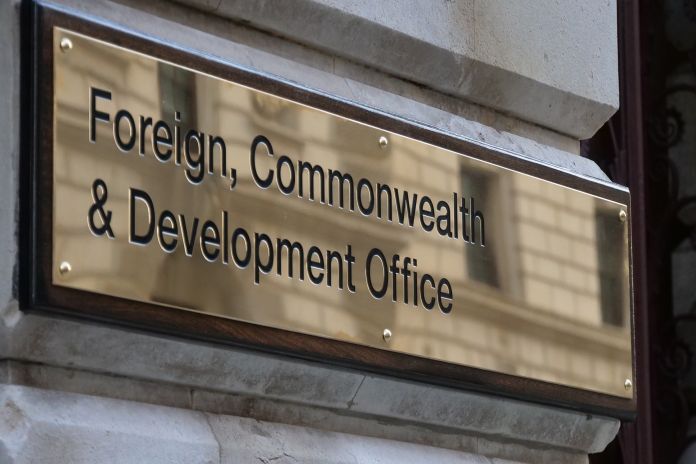By Caribbean News Global ![]()
LONDON, England – The Chancellor of the Exchequer has announced, as part of the Spending Review, a temporary reduction in the UK’s aid budget from 0.7 percent to 0.5 percent of our national income.
Changes to the UK’s aid budget in the Spending Review is expected “to achieve greater impact”, according to the press release from Foreign, Commonwealth & Development Office and The Rt Hon Dominic Raab MP.
“The seismic impact of the pandemic on the UK economy has forced the government to take tough but necessary decisions, including this temporary reduction in the overall amount we spend on aid. We will return to 0.7 percent when the fiscal situation allows. The UK government remains a world-leading aid donor spending 0.5 percent of our national income. We will spend more than £10 billion next year to fight poverty, tackle climate change and improve global health,” the UK government said.
“We will do aid better across government, even if the budget is smaller, to deliver maximum impact for every pound we spend. We will combine aid with diplomacy, focusing our efforts where the UK can make a world-leading difference ensuring the UK is a force for good across the globe,” the statement added.
In a statement to the House of Commons, the foreign secretary set out how we will overhaul UK aid to deliver even greater impact by focussing on seven global challenges where it can make the most difference:
- Climate Change and biodiversity: A greener and cleaner path to growth in developing countries.
- COVID and global health security: Combat COVID-19 and support healthier and more resilient populations in developing countries.
- Girls’ education: A global commitment to get 40 million girls into education and 20 million more girls reading by the age of 10.
- Science, research, technology: Deliver cutting edge technology and research-led solutions in health, education, resilience, low carbon technologies, agriculture and economic development, conflict and poverty.
- Open societies and conflict resolution: Strengthen democratic institutions, human rights, free media and effective governance.
- Humanitarian preparedness and response: Lead stronger collective international response to crises and famine.
- Trade and economic development: Build trading and investment partners of the future.
“We will prioritise what we spend aid on and where we spend it. Spending will also be subject to a new and rigorous performance assessment,” the foreign secretary said.





